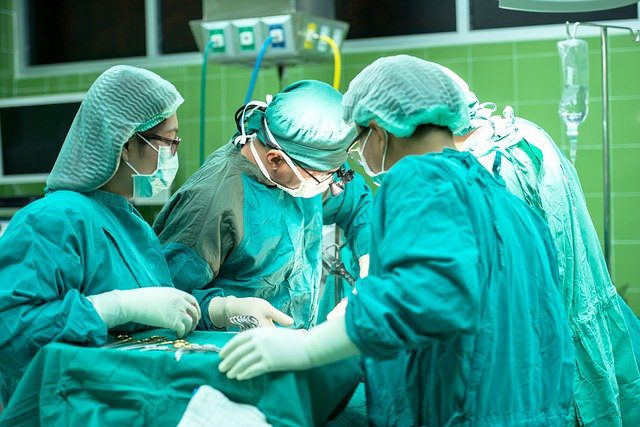
Singapore: B.1.617.2 Delta has a higher viral load in the respiratory tract of patients and stays for longer
On May 19, the director of Singapore’s National Center for Infectious Diseases, Professor Liang Yuxin, said in an exclusive interview with Singapore’s mainstream media, Lianhe Zaobao, that Singapore’s research shows that the recent local transmission of the mutant new coronavirus B.1.617.2 remains in the respiratory tract of patients in a higher amount. It also stays for longer, causing the virus to spread more easily. A study found that patients infected with the B.1.617.2 virus had a higher amount and discharge of the virus in the respiratory tract than the original, longer time in the body, and a slower rate of decline.
Professor Liang Yuxin said that the lower the circulation threshold, the more viruses in the body. The circulation threshold of a common virus is about 20, while that of a variant virus is 15, so it may be easier to spread. She also said that the recent outbreaks of multiple infection groups in Singapore are all related to the B.1.617.2 variant virus that was first discovered in India.
UK: eleven vaccine breakthrough cases reported for B.1.617.2
Image by Jason Goh from Pixabay

